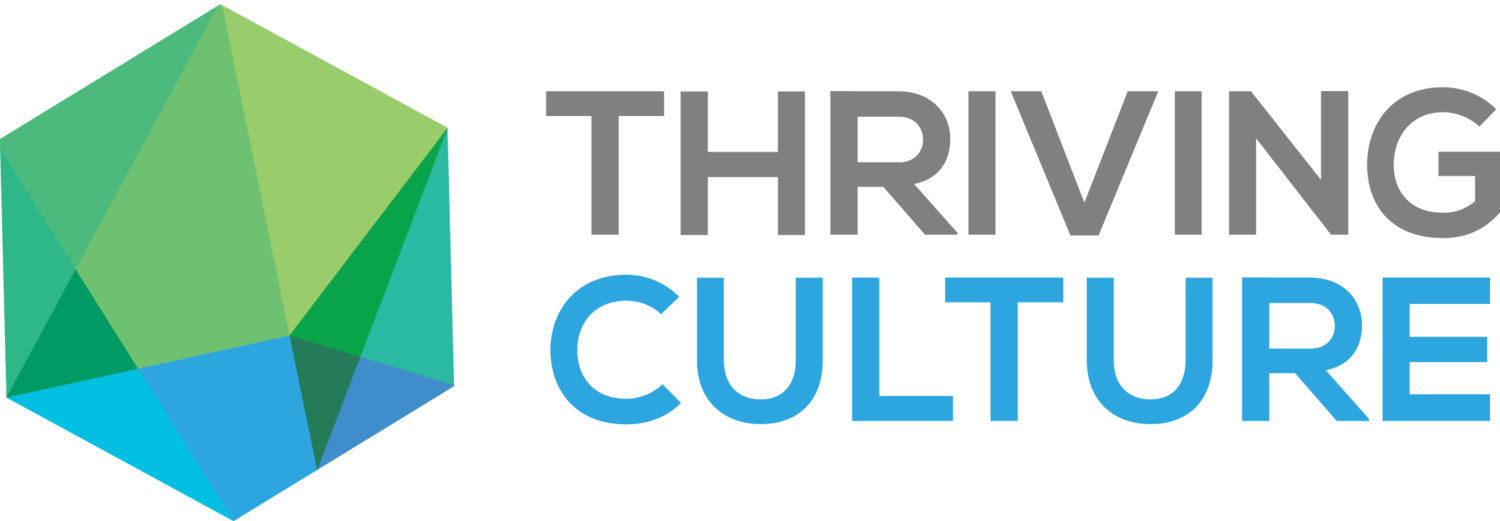
Without an expert guide, we often find out our missed opportunities years down the road.
Our Process and Methodology
Assessment
Organizational assessments often look at internal processes and outcomes. It is often useful to look deeply at decision-making: What information do decision-makers get and from whom? Which voices or sources of information have credence? Whose perspectives have the most credence? What gets discounted or devalued in the process? How are decisions communicated? What are the impacts of current decision-making processes, and do they vary by racial/ethnic group within the organization or among the external groups?
Organizational Learning
Research shows that 80% of the organizational culture reflects leadership dynamics. The leader, as well as the organization, has learned something. Often, that something needs to be pin-pointed through-root cause analysis, unlearned, and the new learning must be sustained. Organizational Learning supports professional and career development, leadership development and culture change initiatives (diversity, equity and inclusion (DEI) and sexual misconduct).
Cultural Intelligence
Cultural intelligence (CQ) is a critical part of setting yourself apart in today’s globalized world of artificial intelligence, machine learning, and innovation. It’s the ability to relate and work effectively with people from different cultural backgrounds and it goes beyond existing notions of cultural sensitivity and awareness. With cultural intelligence, you’ll know how to strategically use cultural differences to come up with more innovative solutions.
Organizational Change
Assessment tells you where you are. But where are you going? And more importantly, how are you going to get there? Will you use Kotter’s change model? And how do we gauge which strategic priorities will be the right ones to pursue now? What is the current urgency? How does our socio-political context impact our urgency. TC will provide organizational change frameworks that will give you confidence in your decision
Accountability
Accountability through line of authority ensure that DEI initiatives turn into organizational culture. There is considerable evidence showing that organizations with successful DEI programs have two key components: genuine, organic, interest of at least 10% of non-managerial staff and a demonstrated commitment of executive staff, most importantly the head of the organization.
Organizational Cultural Intelligence
Organizational Cultural Intelligence started in 2010 when CQ was beginning to turn from individual assessment to organizational. OrgCQ is defined as the organizational capability to function effectively in cross-cultural interactions. OrgCQ provides fertile ground for the work of DEI. The fertile ground that is needed for the success of DEI initiatives.
